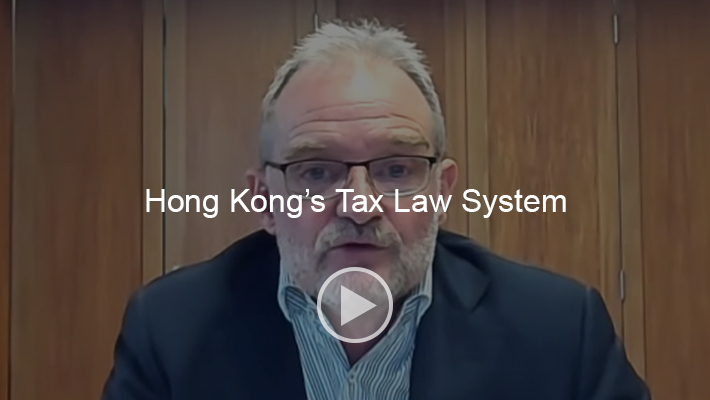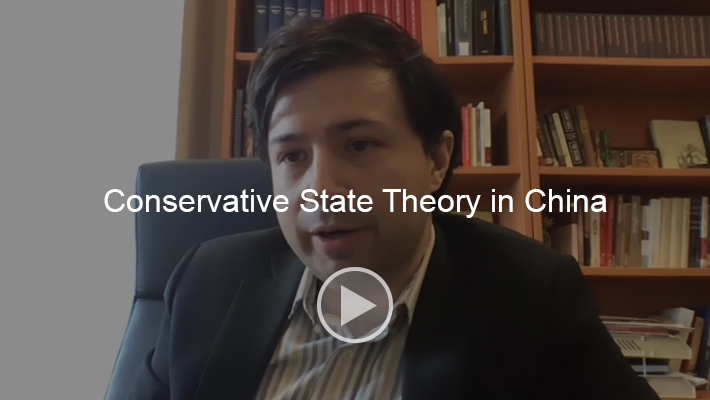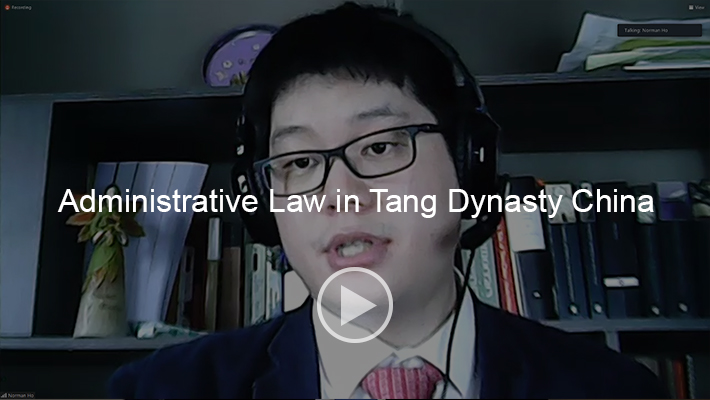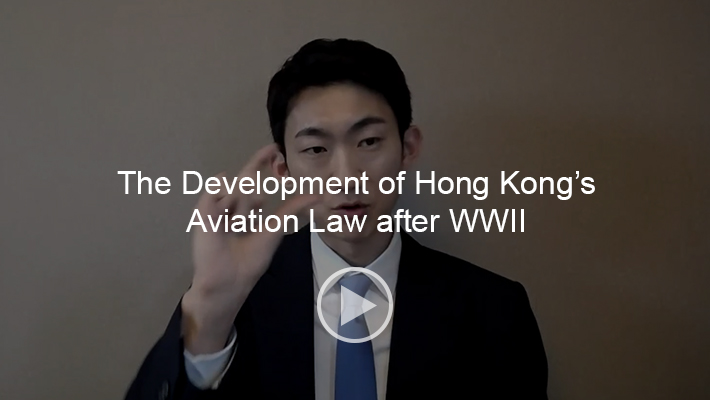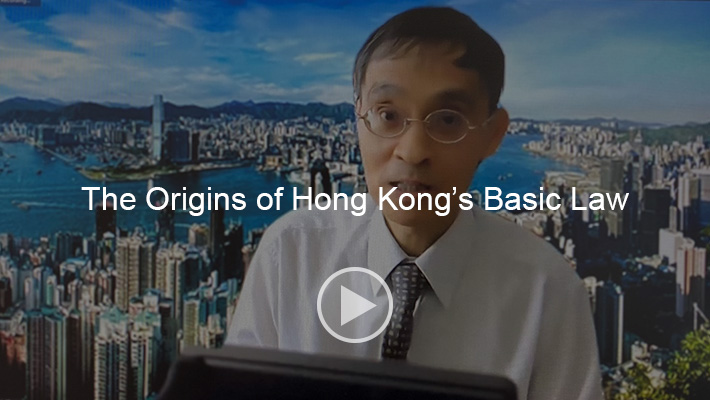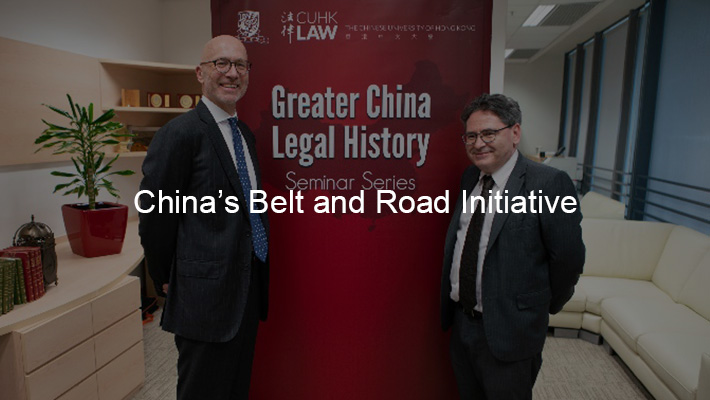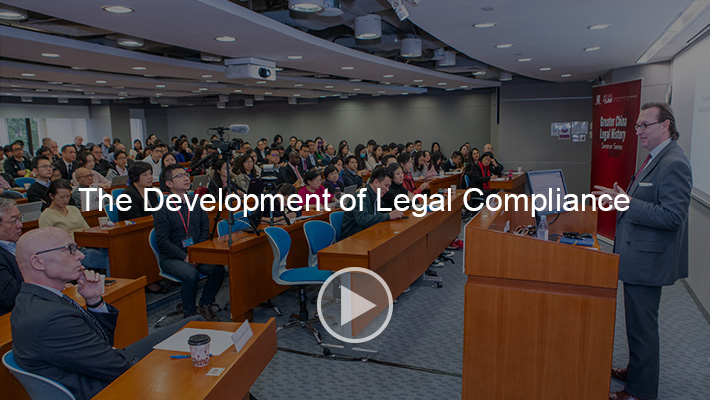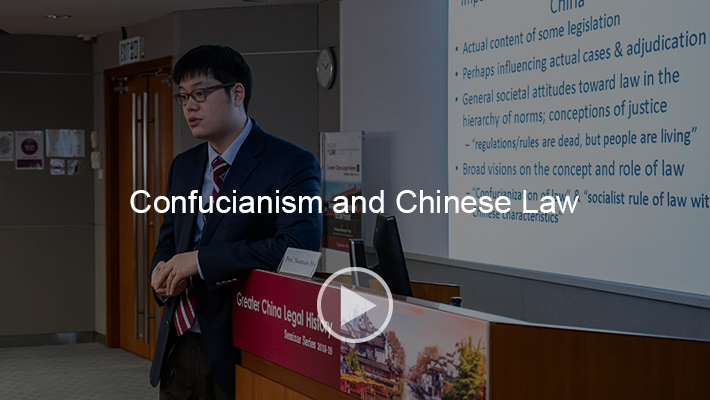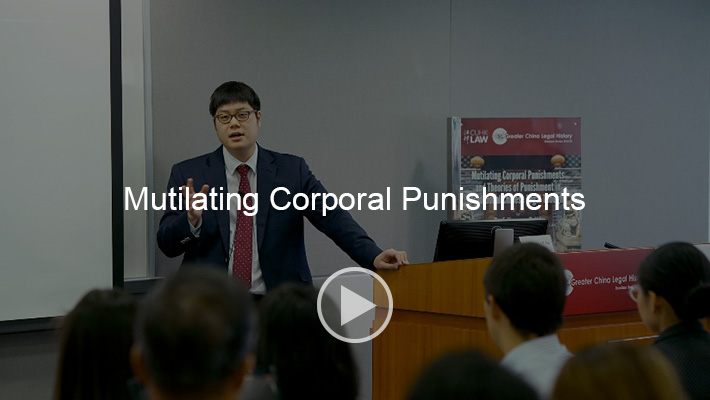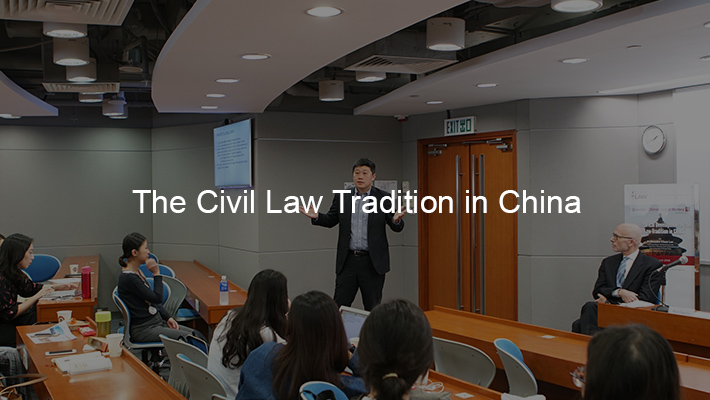
Toppling Statues and Changing Names – Does the Law Protect Embarrassing or Awkward Heritage in Hong Kong? by Prof. Steven Gallagher
Central banking plays a central part in a modern economy. Central banking institutions are typically entrusted with the making and/or implementation of monetary policy that seeks to strike a delicate balance between sometimes competing objectives, such as price stability (“healthy” inflation), employment (reasonably low unemployment), and economic growth (in particular sustainable growth). They also play an important role in ensuring the stability of the financial infrastructure and system in an economy. In some jurisdictions, central banking institutions are also tasked with supervising commercial banks and other financial institutions. The Global Financial Crisis in 2008-9 and the still ongoing Covid-19 pandemic have thrust central banking into the spotlight, as their operations bear prominently on financial markets and social welfare and must therefore be subject to public accountability. This seminar offers a look into the historical trajectories of central banking in three of the major Asian economies: Hong Kong, Mainland China and Singapore. The speakers will share their insights into how central banking has evolved in these three economies in their own unique historical, economic, social and political settings. The seminar therefore provides a historical lens through which the relevance and challenges of central banking in the three economies are better understood.

